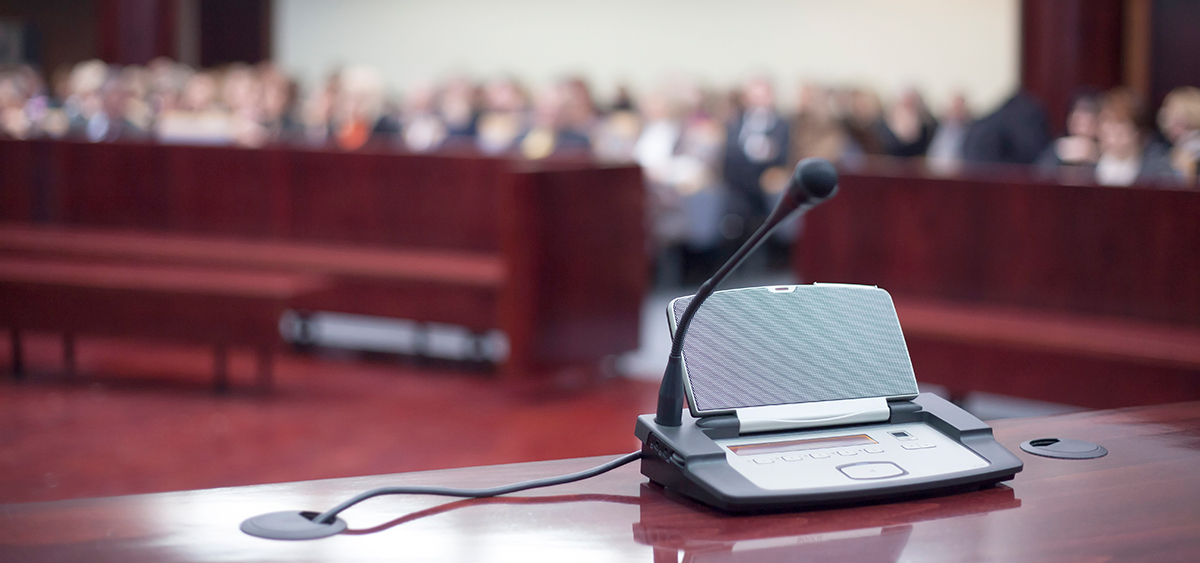Many people are involved in the criminal court case of an accused: the judge, the lawyers, the witnesses and sometimes a jury. This article describes the role each of these people.

The Judge
The judge has several roles. The judge runs the trial and ensures that it is conducted properly. The judge ensures that everyone follows the rules and that everyone’s rights are respected.
The judge also receives the evidence presented by the parties and hears their witnesses. The judge must then hand down a verdict, which means that the judge must decide if the accused is “guilty” or “not guilty”. If the judge finds the accused guilty, the judge decides what sentence (punishment) to give the accused.
The Jury
In some criminal court cases, a jury is responsible for determining whether the accused is guilty. The jury is usually composed of twelve “jurors”: twelve people chosen from a list of names randomly drawn from a larger list of citizens.
The jurors must make their decision based on the law and the evidence presented at the trial, and not on their personal opinions. The jury’s decision must be unanimous, which means that all the jurors must agree on the guilt or innocence of the accused.
When the jury finds the accused guilty, it does not decide the sentence. Only the judge can decide the sentence.
The Criminal and Penal Prosecuting Attorney
The criminal and penal prosecuting attorney, sometimes called the “Crown prosecutor”, is the lawyer who represents the government and brings the case to court against the accused. The role of this lawyer is to present evidence that can prove that the accused is guilty “beyond a reasonable doubt“.
The Defence Lawyer
The role of the defence lawyer is to represent the accused. This lawyer ensures that the rights of the accused are respected. The defence lawyer’s task is to highlight weaknesses in the evidence presented by the criminal and penal prosecuting attorney. In this way, the defence lawyer tries to show that the accused is not guilty, or that he deserves the lightest sentence possible.
The Witnesses
The role of the witnesses is to say what they saw and heard in order to shed light on the events. When witnesses tell what they saw or heard, this is called “testifying”. The police, the victims or any other person can be called to testify. The accused can also decide to testify and give her version of the facts, but the accused is never obliged to testify.
Unless the witnesses are experts in a particular field, they are not usually allowed to give their opinions on what happened. They must stick to describing what they saw and heard.





